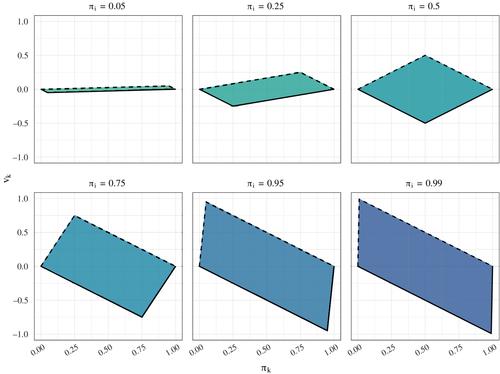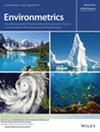Sequential spatially balanced sampling
IF 1.5
3区 环境科学与生态学
Q4 ENVIRONMENTAL SCIENCES
引用次数: 2
Abstract
Sequential sampling occurs when an entire population is unknown in advance and data are received one by one or in groups of units. This article proposes a new algorithm to sequentially select a balanced sample. The algorithm respects equal and unequal inclusion probabilities. The method can also be used to select a spatially balanced sample if the population of interest contains spatial coordinates. A simulation study is proposed, and the results show that the proposed method outperforms other methods.

顺序空间平衡采样
顺序抽样发生在整个群体事先未知的情况下,数据一个接一个或以单位为单位接收。本文提出了一种新的平衡样本序列选择算法。该算法尊重相等和不相等的包含概率。如果感兴趣的总体包含空间坐标,则该方法也可用于选择空间平衡的样本。最后进行了仿真研究,结果表明该方法优于其他方法。
本文章由计算机程序翻译,如有差异,请以英文原文为准。
求助全文
约1分钟内获得全文
求助全文
来源期刊

Environmetrics
环境科学-环境科学
CiteScore
2.90
自引率
17.60%
发文量
67
审稿时长
18-36 weeks
期刊介绍:
Environmetrics, the official journal of The International Environmetrics Society (TIES), an Association of the International Statistical Institute, is devoted to the dissemination of high-quality quantitative research in the environmental sciences.
The journal welcomes pertinent and innovative submissions from quantitative disciplines developing new statistical and mathematical techniques, methods, and theories that solve modern environmental problems. Articles must proffer substantive, new statistical or mathematical advances to answer important scientific questions in the environmental sciences, or must develop novel or enhanced statistical methodology with clear applications to environmental science. New methods should be illustrated with recent environmental data.
 求助内容:
求助内容: 应助结果提醒方式:
应助结果提醒方式:


